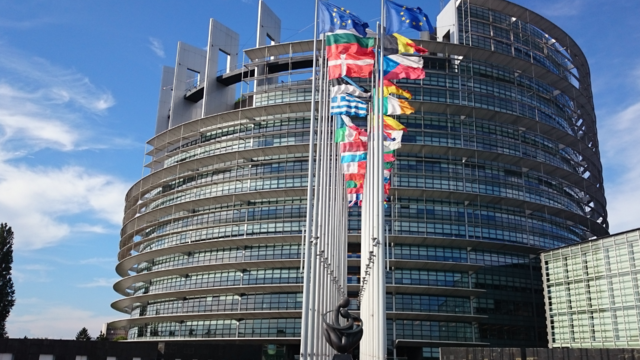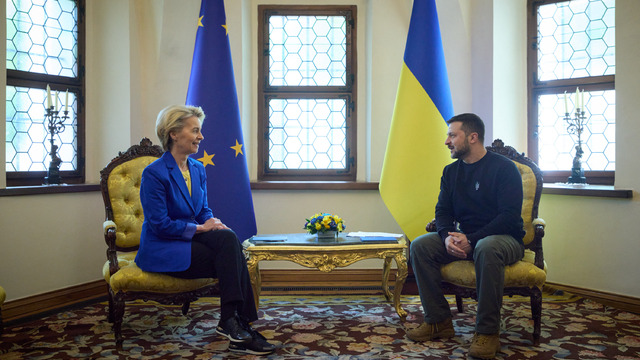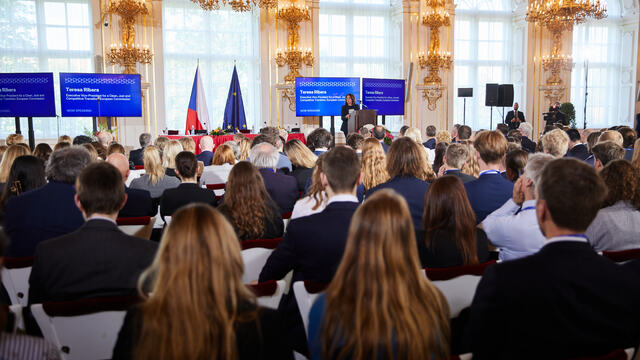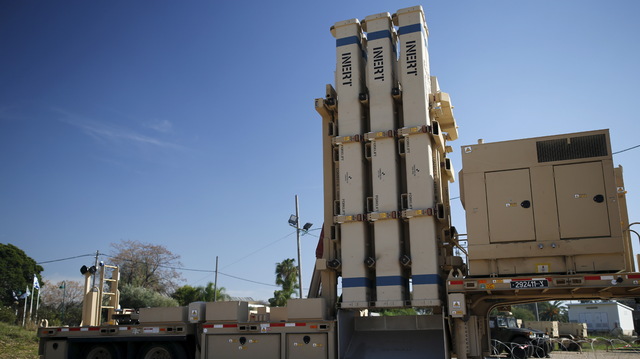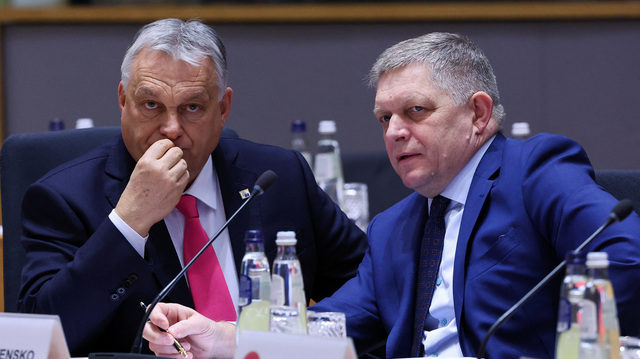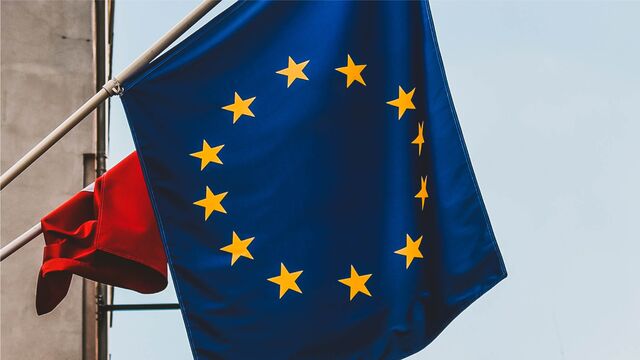Beyond the Ban: TikTok and the Politics of Digital Sovereignty in the EU and US
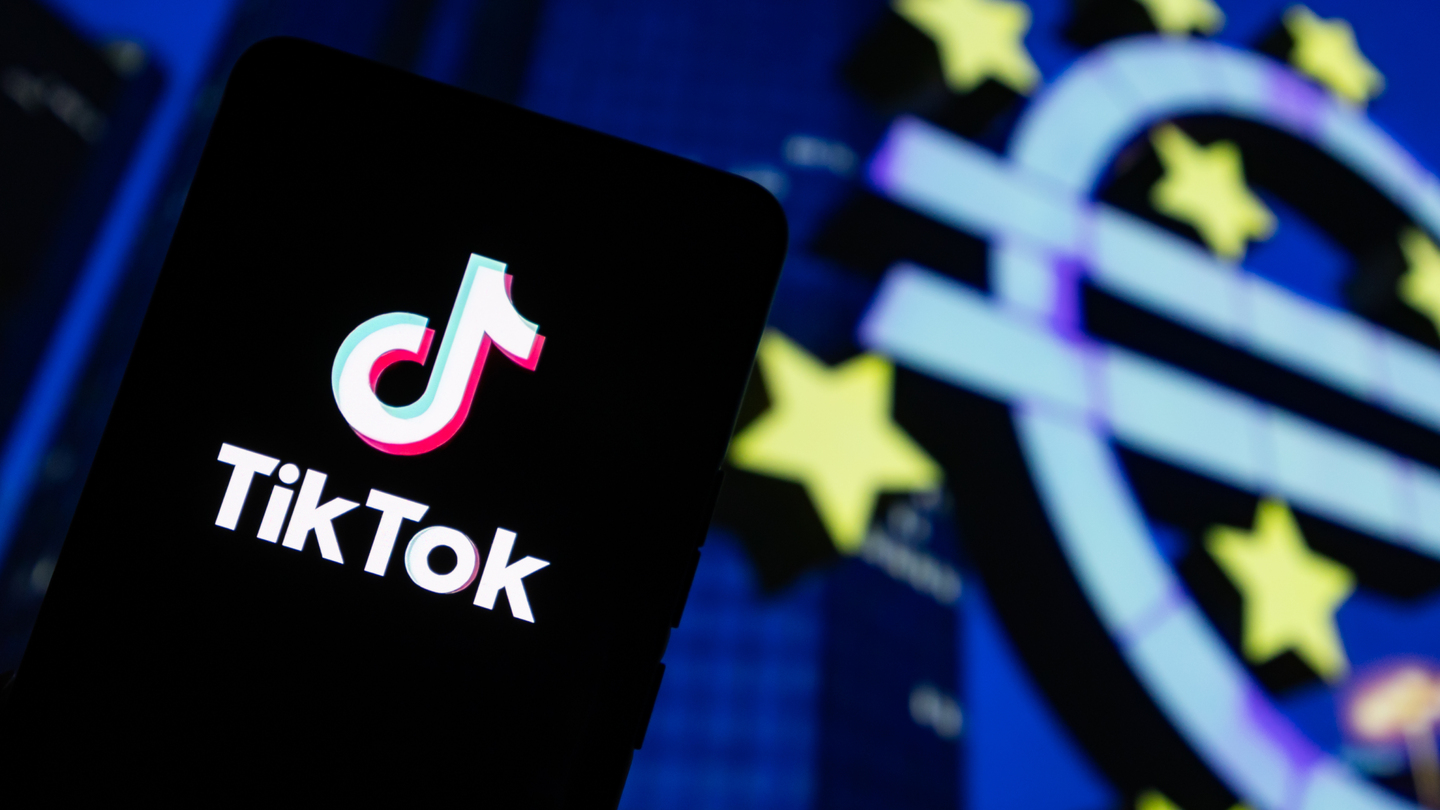
As governments across the world grapple with regulating major social media platforms, TikTok has become a symbol of how technology and geopolitics intertwine. In a recent article published in Politics and Governance, Linda Monsees and Fabio Cristiano explores how debates over TikTok’s regulation reveal deeper tensions in the global politics of digital sovereignty.
Researcher Linda Monsees and Fabio Cristiano compare how the European Union and the United States address TikTok’s perceived risks—from data privacy to foreign interference—and how these two powers redefine sovereignty in the digital age. Their research shows that the regulation of TikTok has become far more than a question of technology; it is now a geopolitical project reflecting competing visions of control, democracy, and security.
In the age of intensifying rivalry between global powers, the regulation of platforms like TikTok has become a battleground for competing visions of control over the digital world. The clash between the European Union and the United States reveals two very different ideas of what digital sovereignty should mean.
While the EU presents its push for stricter platform rules as a defence of citizens, democracy, and public health, the US treats TikTok as a matter of national security—a potential weapon of Chinese influence. Together, these approaches show how the line between protecting societies and asserting power online is rapidly blurring. How far can states go in the name of security before they start to resemble the very systems they claim to resist? And can the global internet survive this new wave of digital protectionism?
Read the full open-access article Beyond the Ban: TikTok and the Politics of Digital Sovereignty in the EU and US in Politics and Governance here.
